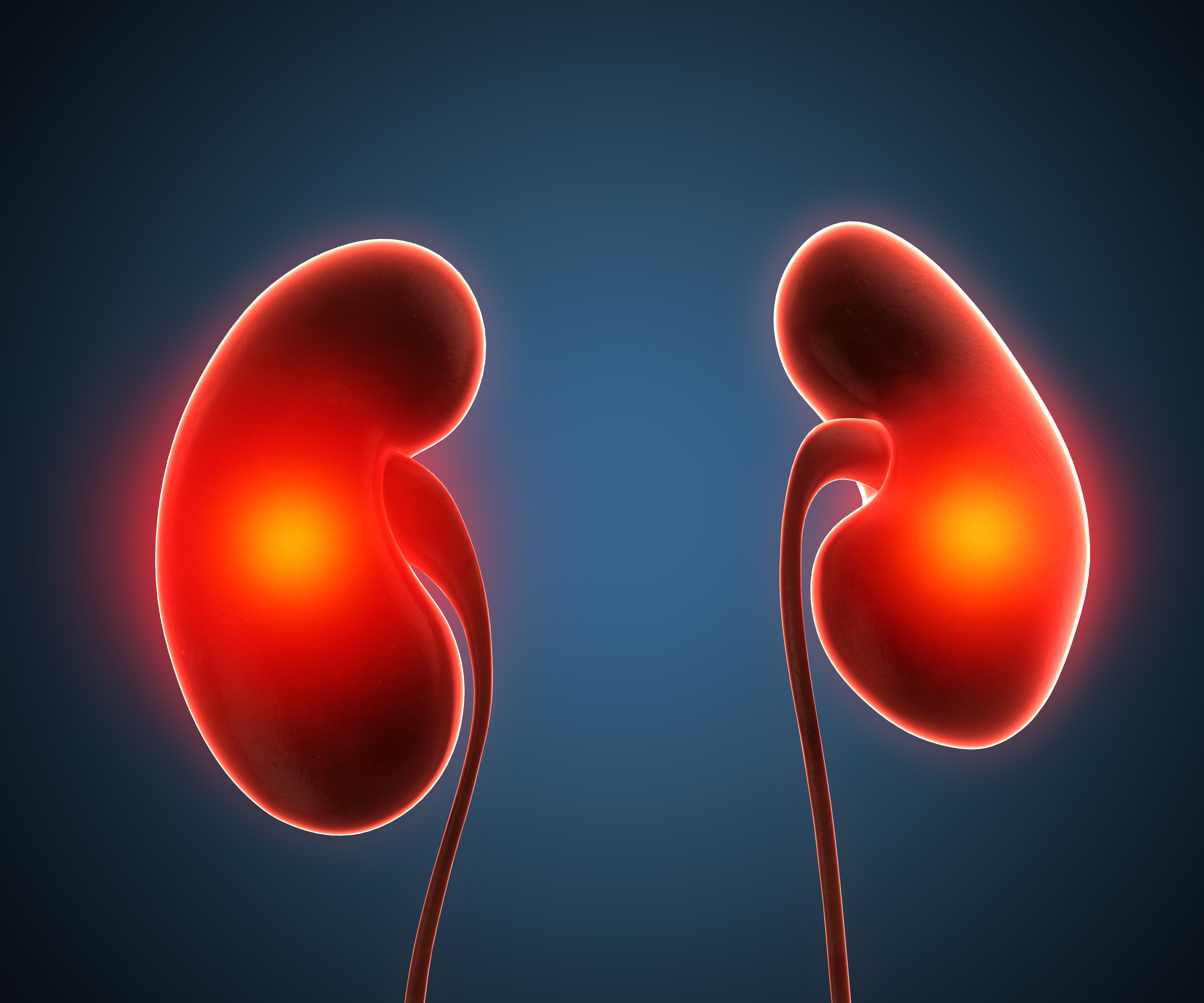Video
Malik Kahook, MD: Updates on SpyGlass Platform for Glaucoma Treatment
Author(s):
New 6-month findings from a First-in-Human glaucoma treatment trial indicate the drug delivery platform continued to show a 45% reduction in mean intraocular pressure.
New 6-month results from a first-in-human trial investigating the SpyGlass drug delivery platform indicated continued reductions in intraocular pressure (IOP) in patients with glaucoma or ocular hypertension.
The data were highlighted in an oral presentation at the Glaucoma 360 New Horizons Forum in San Francisco on February 3. The findings suggest a 45% mean IOP reduction across all treatment groups 6 months after implantation.1
An interview with Malik Kahook, MD, Chief of Glaucoma Service, University of Colorado School of Medicine and presenting investigator, further elaborated the findings and how they complement the 3-month data reported at the American Academy of Ophthalmology (AAO) 2022 Annual Meeting in Chicago, Illinois.
“The product itself is focused on addressing a specific unmet need in ophthalmology and that all centers around adherence or poor adherence to the topical therapies that we use,” Kahook told HCPLive. “Through the past three and a half years, we’ve developed a platform that eventually on to both in vitro and in vivo testing.”
The platform consists of a single-piece, hydrophobic acrylic intraocular lens (IOL) and drug-eluting pads attached to the haptics of the IOL. It is implanted directly into the capsular bag during routine cataract surgery and is designed to deliver multiple years of bimatoprost therapy to lower IOP in the intended patient population.
In the First-in-Human feasibility trial, a total of 23 patients were randomized to receive one of three doses of bimatoprost using the platform. Kahook indicated the company’s excitement at an over 40% mean IOP lowering at both the 3-month and 6-month time points.
“We’re thrilled that at the 6-month time point, we’ve matched those results,” he said. “We have 45% mean IOP lowering and all of the eyes that have been treated remain off of their topical therapy.”
Kahook highlighted the safety and efficacy of bimatoprost, adding that all known safety information for the active agent has translated well into the clinical trial. The company observed no adverse events, patients continued to do well, and have remained off of topical therapies.
One of the most important parts of glaucoma care as a chronic disease is treatment adherence, added Kahook. A lack of adherence to therapy could lead to complications, including the potential loss of vision. With topical therapeutics across the spectrum of medicine, patients are often not taking their prescribed therapies and the same is true for ophthalmologists prescribing a drop.
Patients may struggle with topical side effects or physical limitations of drops, but the Spyglass platform “takes that off the table” due to its placement in the capsular bag
“It delivers slowly over time without the patient having to do anything, so it’s completely patient-independent,” Kahook said. “Because of that dosing, you get the efficacy, you get the safety of a known API, and you don’t have any of the adherence problems when you depend on the patient to do the dosing.”
The company expects the efficacy to maintain throughout the duration of the system’s payload, which Kahook indicated as three years of delivery. They aim to continue to collect data on the first-in-human trial in 2023, as well as file the Investigational New Drug (IND) Application and conduct the phase 1/2 trial.
“I think it’s really high time that drug delivery for ophthalmic diseases is within reach,” Kahook said. “I think we used to say about drug delivery in ophthalmology when I was in training 20 years ago that there was this promise of drug delivery. And I think with the data that we’re rolling out with the system that we’ve created, that promise truly now is a reality.”
References
1. Spyglass Pharma, Inc. Spyglass Pharma Unveils 6-month data from the first-in-human trial of its innovative drug delivery platform for chronic eye conditions. GlobeNewswire News Room. https://www.globenewswire.com/news-release/2023/02/03/2601509/0/en/SpyGlass-Pharma-Unveils-6-Month-Data-from-the-First-In-Human-Trial-of-Its-Innovative-Drug-Delivery-Platform-for-Chronic-Eye-Conditions.html. Published February 3, 2023. Accessed February 7, 2023.





